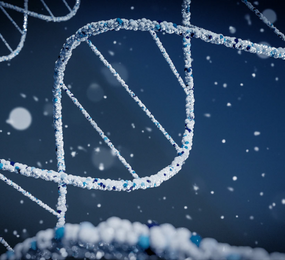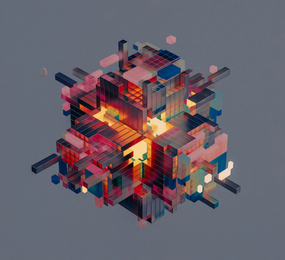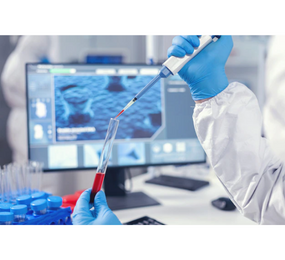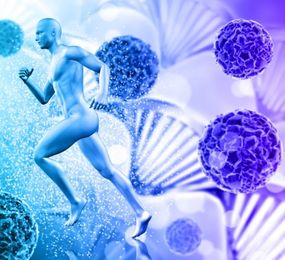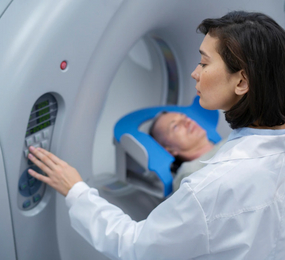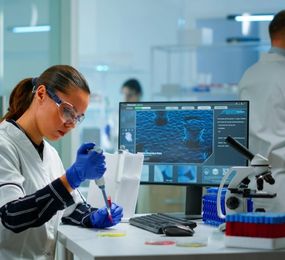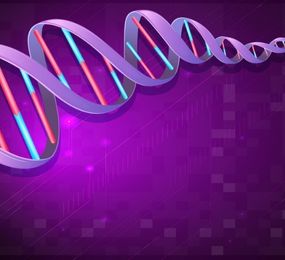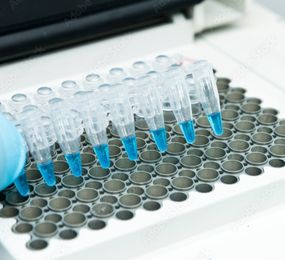Cell culture techniques play a pivotal role in bioprocessing, serving as the foundation for the production of biopharmaceuticals, vaccines, and other bio-based products. Over the years, cell culture methods have evolved significantly, enabling more efficient and cost-effective bioproduction.
Traditional cell culture techniques involved the use of adherent cells that grow attached to surfaces, such as plastic or glass. While effective, these methods are labor-intensive and require substantial space and resources. Advancements in cell culture techniques have led to the widespread adoption of suspension cell cultures, which allow cells to grow freely in a liquid medium. This shift has streamlined bioprocessing, making it more scalable and less resource-intensive.
Furthermore, the development of specialized bioreactors for suspension cultures has improved productivity. Single-use bioreactors and perfusion systems have gained prominence, reducing the risk of contamination, simplifying scale-up, and allowing for more precise control of culture conditions.
Moreover, advancements in cell line development, genetic engineering, and bioprocess control have increased the yield and quality of biopharmaceuticals. Techniques such as genome editing, metabolic pathway engineering, and process optimization have led to higher product titers and reduced production costs.
Cell culture techniques and their continuous advancements are driving innovation in bioprocessing. These improvements have not only increased the efficiency of biopharmaceutical production but have also expanded the potential for developing life-saving therapies more rapidly and cost-effectively.
To register or learn more about the Forum please check here: https://bit.ly/3zxguXW
For more information and group participation, contact us: [email protected]


